In today’s digital-first landscape, brands need expert integrated social media and content marketing solutions to stay ahead. Social media has evolved beyond simple interactions; it is now a powerful tool for customer engagement, brand storytelling, and lead generation. Meanwhile, content marketing serves as the foundation for thought leadership and audience trust. When combined, these two strategies create a dynamic synergy that drives traffic, boosts brand visibility, and improves conversion rates.
Modern consumers expect seamless experiences across platforms, making integration a necessity. A well-structured digital strategy aligns social media engagement with high-quality content to ensure consistency and maximize impact. Whether it’s leveraging Instagram for brand storytelling, LinkedIn for B2B authority, or YouTube for video marketing, an integrated approach ensures that every piece of content serves a purpose in the broader strategy.
In this article, we will explore the importance of expert-led social media and content marketing solutions, how businesses can achieve synergy between the two, and what strategies drive measurable success. By understanding the interconnected nature of these digital pillars, businesses can create compelling narratives that not only engage but also convert their audience into loyal customers.
The Power of Integration: Why Social Media and Content Marketing Work Best Together
Social media and content marketing are not standalone strategies; they thrive when strategically integrated. Social platforms serve as distribution channels that amplify content reach, while high-value content fuels engagement by providing useful, shareable material. This combination ensures that your brand message resonates across multiple touchpoints.
A well-integrated approach offers several benefits. First, it strengthens brand consistency, ensuring that messaging and tone remain uniform across platforms. Second, it enhances audience engagement by delivering content in the formats and styles best suited for each platform. Finally, it improves performance tracking, allowing businesses to measure results holistically rather than treating each platform as an isolated effort.
For instance, a company launching a new product can maximize impact by integrating blog content with a social media rollout. A long-form article on the brand’s website can provide in-depth insights, while bite-sized infographics, behind-the-scenes Instagram Stories, and LinkedIn thought-leadership posts can extend the message to different audiences. Each piece of content serves a distinct purpose, yet all work toward a common goal—engaging potential customers and guiding them through the buying journey.
The key to success lies in strategic planning. Brands must tailor their content for each platform while ensuring overarching consistency. This requires understanding audience behavior, leveraging data-driven insights, and maintaining a balance between educational, promotional, and interactive content.
Expert Strategies for Maximum Impact in Social Media and Content Marketing
An expert approach to integrated social media and content marketing involves precise execution and optimization. The best strategies leverage audience insights, platform-specific techniques, and multi-channel engagement to drive meaningful results.
-
Audience-Centric Content Creation
Understanding your audience is the foundation of success. A data-driven content strategy begins with audience research, identifying pain points, interests, and preferred content formats. Social listening tools, Google Analytics, and platform insights help brands uncover trending topics and user preferences. -
Omnichannel Storytelling
Storytelling remains a powerful driver of engagement. Instead of treating social media and content marketing as separate entities, brands should craft cohesive narratives that flow across multiple platforms. A single campaign can be repurposed into a blog post, video snippets, podcasts, and social media carousels, ensuring maximum exposure. -
SEO-Driven Content Optimization
High-performing content is optimized for both search engines and social platforms. This means incorporating relevant keywords in website content while adapting copy for platform-specific algorithms (such as using hashtags on Instagram and LinkedIn or crafting engaging captions for Facebook). -
Engagement and Community Building
Success in social media is not about broadcasting messages but fostering conversations. Interactive content like polls, Q&A sessions, and user-generated content (UGC) boosts engagement. Replying to comments, participating in discussions, and collaborating with influencers further strengthen community engagement. -
Data-Backed Performance Tracking
Measuring success goes beyond vanity metrics like likes and shares. Businesses must analyze engagement rates, click-through rates (CTR), lead conversions, and customer sentiment. Using tools like Google Analytics, Sprout Social, and SEMrush enables brands to refine strategies based on real-time data.
By applying these expert-driven strategies, businesses can ensure that their social media and content marketing efforts are fully aligned. The result? Increased reach, better engagement, and improved ROI.
How Businesses Can Implement an Expert-Led Social Media and Content Marketing Strategy
To successfully integrate social media and content marketing, businesses must follow a structured approach. The implementation process involves key steps that ensure alignment, execution, and optimization.
-
Define Clear Objectives
Before launching a campaign, establish SMART (Specific, Measurable, Achievable, Relevant, and Time-Bound) goals. Whether the aim is to drive website traffic, generate leads, or boost social engagement, clear objectives guide strategy execution. -
Develop a Content Calendar
Planning is essential for consistency. A well-organized content calendar outlines key themes, publishing dates, and platform-specific variations. This prevents last-minute scrambling and ensures a steady flow of valuable content. -
Leverage Automation Tools
Managing multiple platforms requires efficiency. Scheduling tools like Hootsuite, Buffer, or Sprout Social help brands maintain a consistent posting schedule while allowing time for real-time interactions. -
Repurpose and Distribute Content Strategically
Repurposing extends the lifespan of content. A single long-form article can be transformed into social media snippets, infographics, email newsletters, and even video explainers. The key is to adapt the message while maintaining core themes. -
Analyze, Optimize, and Iterate
Performance tracking should be an ongoing process. Regularly analyze key performance indicators (KPIs), gather insights, and tweak strategies accordingly. A/B testing different content formats, adjusting posting times, and refining messaging based on analytics drive continuous improvement.
Brands that embrace these steps create a sustainable, results-driven approach to digital marketing. The ability to adapt and optimize based on data ensures long-term success.
The Future of Integrated Social Media and Content Marketing
The landscape of digital marketing is evolving rapidly, and businesses must stay agile. Expert integrated social media and content marketing solutions provide the strategic framework needed to navigate this changing environment successfully. By aligning content marketing with social engagement, brands can build strong digital identities, foster customer relationships, and drive business growth.
As platforms introduce new features and algorithms evolve, businesses that prioritize adaptability, storytelling, and data-driven decision-making will stand out. Whether through immersive video content, interactive social media campaigns, or AI-driven personalization, the future belongs to brands that integrate their digital efforts seamlessly.
For those ready to take their social media and content marketing to the next level, partnering with experts ensures the best results. A strategic, well-executed plan maximizes impact, creating lasting engagement and measurable ROI. Now is the time to refine your approach and unlock the full potential of integrated digital marketing.
WiFi Digital: Connecting Businesses to the Digital Future
In today’s fast-paced world, where a strong digital presence is essential for business growth, WiFi Digital emerges as a strategic partner for small and medium-sized businesses (SMBs). Founded in 2023 and based in London, Ontario, the company has a clear mission: to provide affordable, high-quality solutions that help businesses thrive online. With an experienced and passionate team, WiFi Digital goes beyond simply creating websites and marketing strategies. Its purpose is to empower entrepreneurs, strengthen brands, and give clients more free time to focus on what truly matters – growing their business and improving their quality of life.
WiFi Digital develops websites that authentically and professionally represent your brand, optimizes systems and digital marketing strategies to enhance visibility and return on investment (ROI), and offers affordable, customized solutions, ensuring that businesses of all sizes have access to effective growth tools. With transparency, partnership, and innovation, the company provides each client with the necessary support to achieve real results.
Business digitalization is not just about numbers or metrics. It directly impacts entrepreneurs’ well-being, bringing more organization, efficiency, and freedom to focus on what truly matters. WiFi Digital understands that by investing in digital solutions, businesses gain time, reduce operational stress, and create opportunities to connect better with their customers. A well-structured online presence not only increases sales but also strengthens the public’s trust in the brand.
Beyond technical expertise, WiFi Digital’s key differentiator is its commitment to people. The company values genuine relationships, creates tailored strategies, and works side by side with clients to ensure that every solution meets their specific needs. If you’re looking to boost your brand, attract more customers, and still have more time to focus on what truly matters, now is the time to act!
💡 Transform your digital presence with experts who understand your needs.
📩 Contact us now: contact@wifidigital.ca
🌍 Learn more: www.wifidigital.ca
🚀 Your growth starts here!



